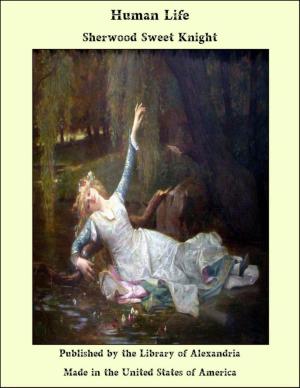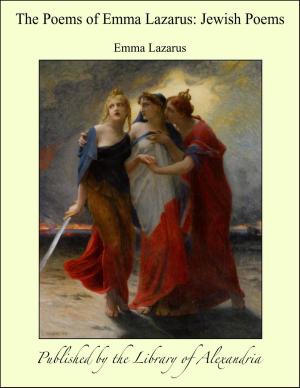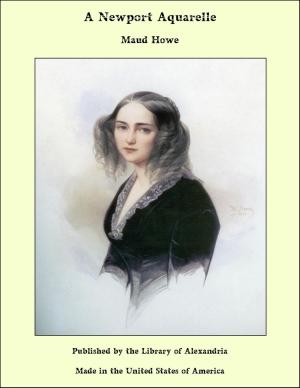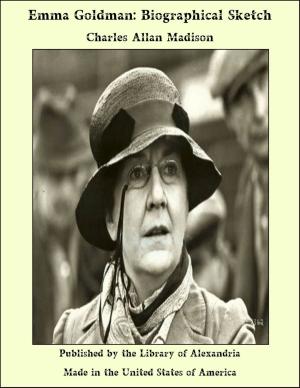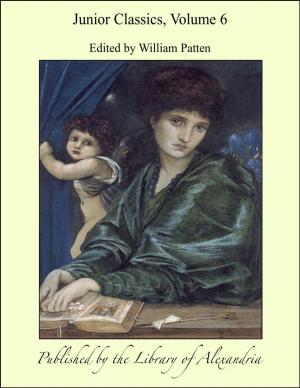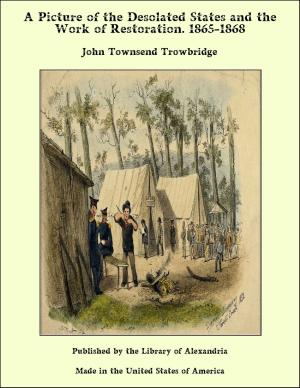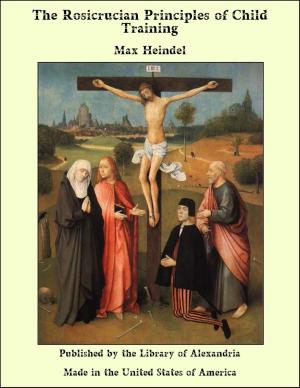Deeds That Won the Empire: Historic Battle Scenes
Nonfiction, Religion & Spirituality, New Age, History, Fiction & Literature| Author: | William Henry Fitchett | ISBN: | 9781465585257 |
| Publisher: | Library of Alexandria | Publication: | March 8, 2015 |
| Imprint: | Language: | English |
| Author: | William Henry Fitchett |
| ISBN: | 9781465585257 |
| Publisher: | Library of Alexandria |
| Publication: | March 8, 2015 |
| Imprint: | |
| Language: | English |
The tales here told are written, not to glorify war, but to nourish patriotism. They represent an effort to renew in popular memory the great traditions of the Imperial race to which we belong. The history of the Empire of which we are subjects—the story of the struggles and sufferings by which it has been built up—is the best legacy which the past has bequeathed to us. But it is a treasure strangely neglected. The State makes primary education its anxious care, yet it does not make its own history a vital part of that education. There is real danger that for the average youth the great names of British story may become meaningless sounds, that his imagination will take no colour from the rich and deep tints of history. And what a pallid, cold-blooded citizenship this must produce! War belongs, no doubt, to an imperfect stage of society; it has a side of pure brutality. But it is not all brutal. Wordsworth's daring line about "God's most perfect instrument" has a great truth behind it. What examples are to be found in the tales here retold, not merely of heroic daring, but of even finer qualities—of heroic fortitude; of loyalty to duty stronger than the love of life; of the temper which dreads dishonour more than it fears death; of the patriotism which makes love of the Fatherland a passion. These are the elements of robust citizenship. They represent some, at least, of the qualities by which the Empire, in a sterner time than ours, was won, and by which, in even these ease-loving days, it must be maintained. These sketches appeared originally in the Melbourne Argus, and are republished by the kind consent of its proprietors. Each sketch is complete in itself; and though no formal quotation of authorities is given, yet all the available literature on each event described has been laid under contribution. The sketches will be found to be historically accurate.
The tales here told are written, not to glorify war, but to nourish patriotism. They represent an effort to renew in popular memory the great traditions of the Imperial race to which we belong. The history of the Empire of which we are subjects—the story of the struggles and sufferings by which it has been built up—is the best legacy which the past has bequeathed to us. But it is a treasure strangely neglected. The State makes primary education its anxious care, yet it does not make its own history a vital part of that education. There is real danger that for the average youth the great names of British story may become meaningless sounds, that his imagination will take no colour from the rich and deep tints of history. And what a pallid, cold-blooded citizenship this must produce! War belongs, no doubt, to an imperfect stage of society; it has a side of pure brutality. But it is not all brutal. Wordsworth's daring line about "God's most perfect instrument" has a great truth behind it. What examples are to be found in the tales here retold, not merely of heroic daring, but of even finer qualities—of heroic fortitude; of loyalty to duty stronger than the love of life; of the temper which dreads dishonour more than it fears death; of the patriotism which makes love of the Fatherland a passion. These are the elements of robust citizenship. They represent some, at least, of the qualities by which the Empire, in a sterner time than ours, was won, and by which, in even these ease-loving days, it must be maintained. These sketches appeared originally in the Melbourne Argus, and are republished by the kind consent of its proprietors. Each sketch is complete in itself; and though no formal quotation of authorities is given, yet all the available literature on each event described has been laid under contribution. The sketches will be found to be historically accurate.

